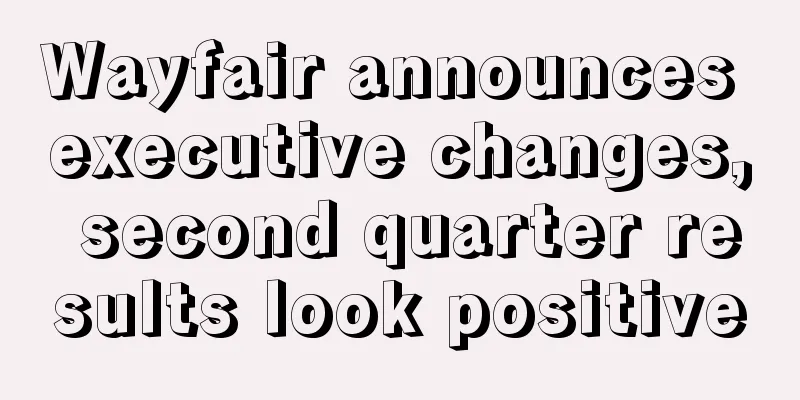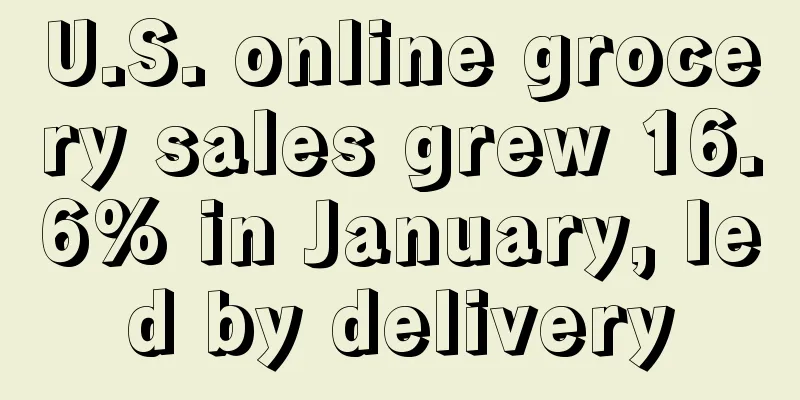FBA warehouses have huge hidden dangers! Amazon was fined $500,000

|
Recently, Amazon was fined $500,000 by California law enforcement agencies because of a serious epidemic in Amazon's FBA operation center, but Amazon actually concealed the details and data of the epidemic! According to the lawsuit, Amazon concealed the true number of COVID-19 cases in FBA warehouses during the epidemic, not only did it not report the infection to the relevant health authorities, but it also did not notify warehouse workers and take corresponding countermeasures. At least 19 infections and related deaths occurred in about 150 FBA warehouses and other distribution site facilities in California. Neither Amazon workers nor health departments received the real data, which was a serious dereliction of duty by Amazon in epidemic management. Investigators also found that Amazon's system for notifying infected cases did not work at all, and even seemed to randomly send infection alerts to warehouse and Whole Foods employees. Workers said they would receive a mess of notifications, and the time they received warnings was completely different from each other, and they might receive the same information a few weeks later or not receive any warnings at all. In this verdict, Amazon was not only fined the maximum amount of $500,000 for "poor epidemic control", but was also required to notify its tens of thousands of warehouse workers of the new coronavirus infections in the warehouse every day and disclose the exact number of cases in its workplace. We just mentioned some time ago that Amazon relaxed some shipping restrictions, sending a signal that the warehouse capacity was in good condition. Unexpectedly, the company actually suppressed the epidemic by concealing the epidemic in the warehouse and forcibly kept the warehouse running at high load. FBA’s epidemic prevention policy after being fined First of all, if an infection occurs in a warehouse, the transportation capacity will be greatly affected. In the first half of this year, there was even an outbreak of infection, and the entire FBA warehouse was forced to close for a week. This is one of the reasons why Amazon suppressed the real data of the epidemic in its warehouses , because if it really wanted to track it in real time, it would be hard to guarantee that similar incidents would not occur. It is the peak season at the end of the year when warehouses need to operate at full capacity. Strict implementation of epidemic prevention policies will inevitably reduce warehouse processing capacity, leading to serious backlogs of orders and shipments, and causing inestimable huge impacts. This is one of the reasons why Amazon had to suppress the news of the epidemic. But now this situation has been exposed by relevant agencies. FBA warehouses can only accept supervision from government agencies in the future. Epidemic prevention measures are likely to be upgraded, so there is no doubt that the shipping policy will be tightened immediately, which is not good news for sellers. Given that products are very taboo to be out of stock during the peak season, I suggest that you can build a shipping plan recently and lock in some storage margins before Amazon tightens its shipping policy. |
<<: Bezos openly challenges Leo, and even the world's richest man feels jealous!
>>: Walmart avoidance guide: Things you should never do when registering!
Recommend
U.S. e-commerce sales increased 7.5% year-on-year in Q3, and its share of total retail sales continued to rise
It is learned that recently, according to foreign ...
What is Solidcommerce? Solidcommerce Review
Solidcommerce is a complete end-to-end online sale...
Amazon strikes hard! Under the epidemic, it is not easy for all living beings!
As the new coronavirus spreads around the world, E...
Yitu Technology CTO Yan Shuicheng is reported to have resigned and may join Southeast Asian e-commerce company Shopee
Yitu Technology CTO Yan Shuicheng has resigned and...
New punishment for fake orders? A large number of Amazon sellers have been restricted
Amazon recently broke big news from sellers. Many...
What is Dianxiaomi? Dianxiaomi Review
Dianxiaomi is a free cross-border e-commerce ERP, ...
What is eBay Authenticate? eBay Authenticate Review
eBay Authenticate is a service officially launched...
Another best seller is coming soon? Response to Amazon’s account suspension: No violation!
▶ Video account attention cross-border navigation ...
Amazon's new regulations impose a "plastic tax", and non-compliance will result in suspension of sales!
Normal, once there is data abnormality, such as s...
What is Lotus Pond Moonlight? Lotus Pond Moonlight Review
Lotus Pond Moonlight is an e-commerce portal websi...
Canadian Tire plans to launch smart parcel lockers to improve delivery levels
<span data-shimo-docs="[[20,"获悉,据外媒报道,Cana...
FBA warehouses exploded in many places! But Amazon is still renting out warehouses?
I just told you about Amazon’s shipping capacity y...
What is the Spider Net Supply Chain? Spider Net Supply Chain Review
Zhuzhu.com Supply Chain Management (Dongguan) Co.,...
The United States is on a war footing!? Amazon needs two months to restore its shipping capacity
Amazon’s US site has launched two policies in succ...
Notice! Amazon will terminate the COS service plan from August 1st!
text Recently, Amazon announced that it will termi...









